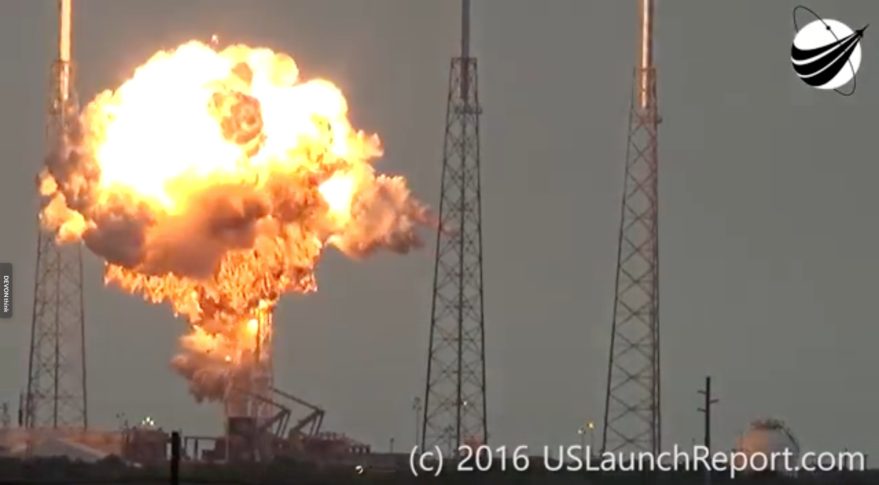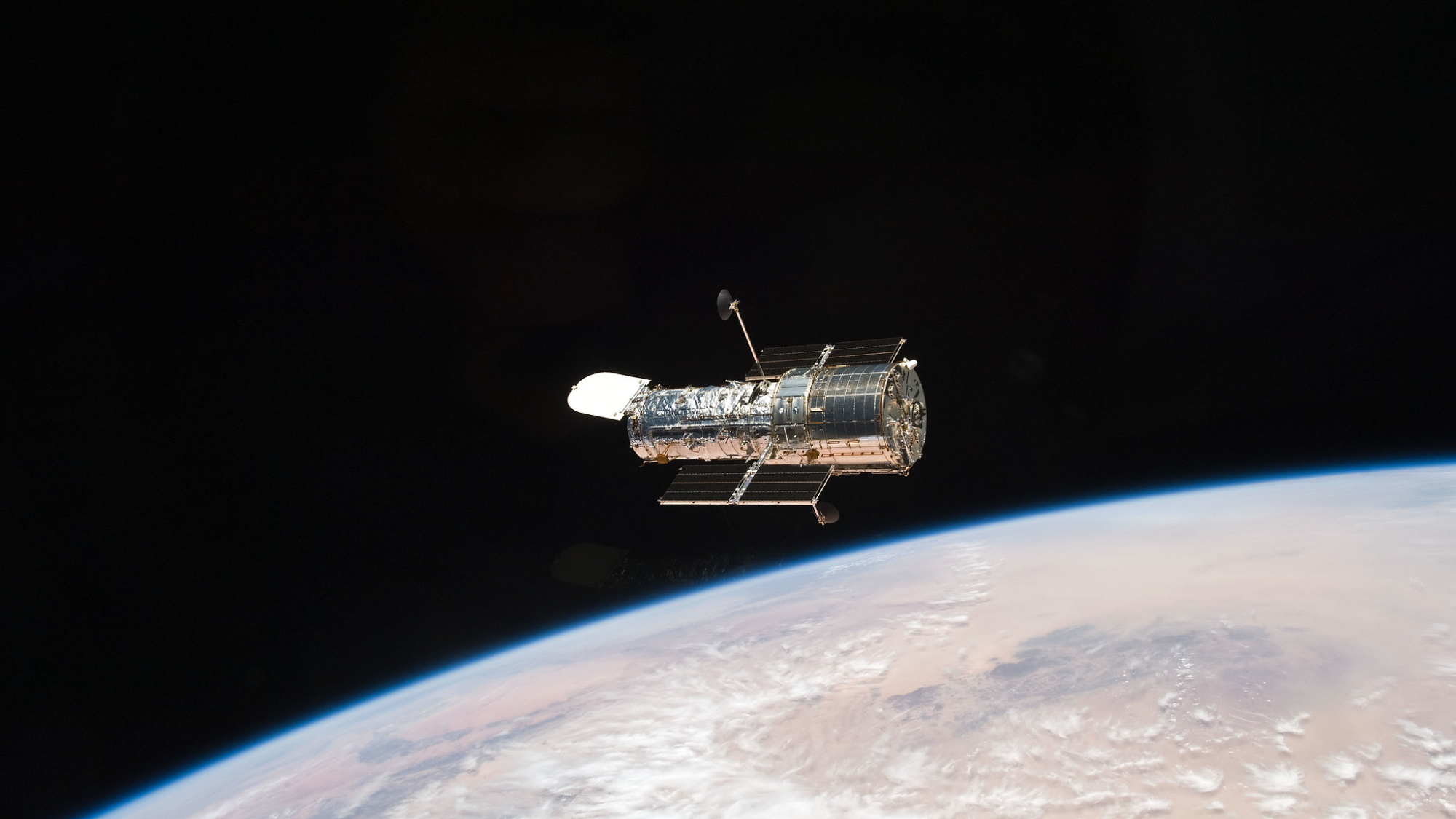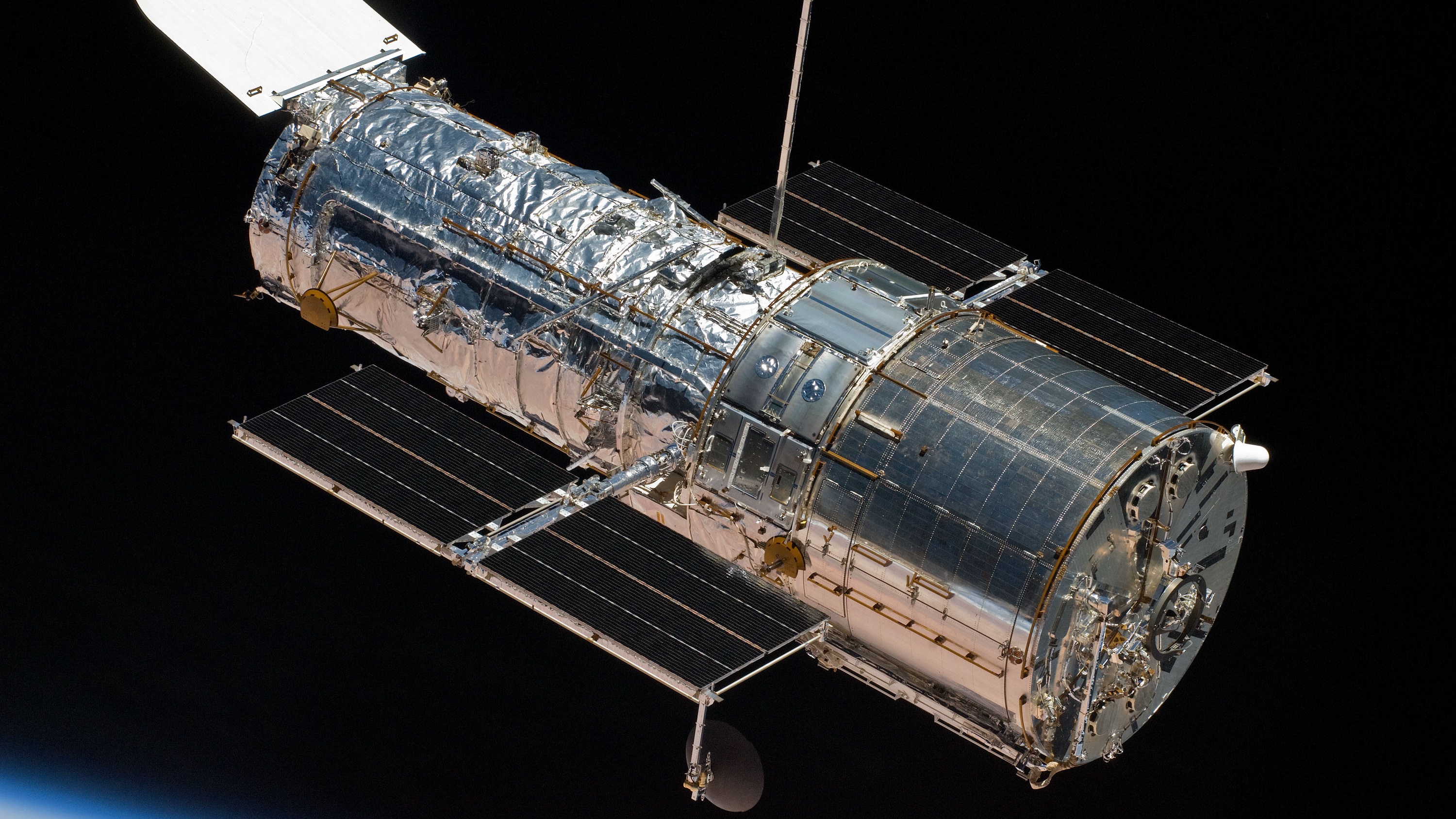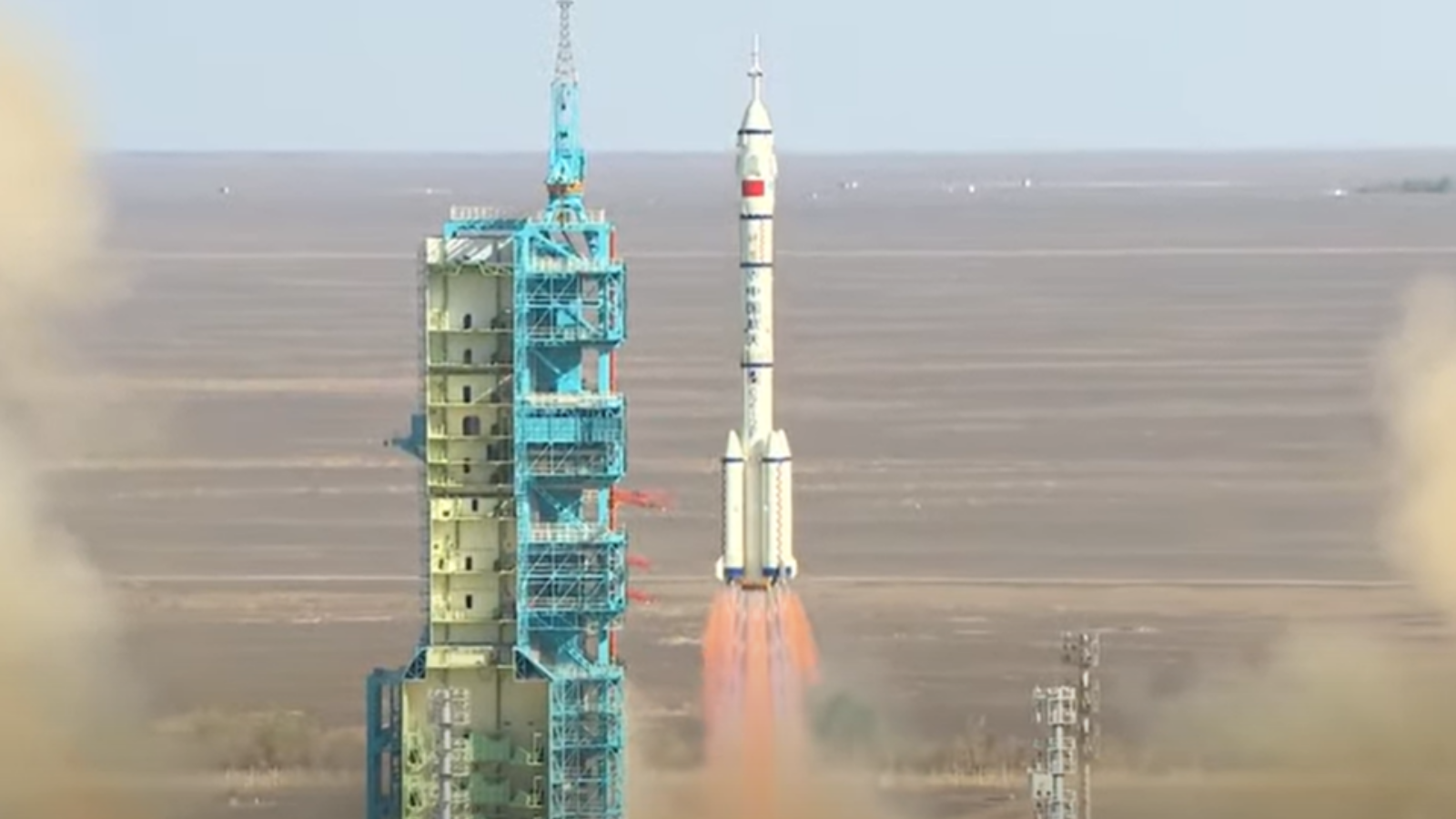Elon Musk Says Falcon 9 Explosion Investigation Remains SpaceX's Top Priority

GUADALAJARA, Mexico — Even as he rolled out an ambitious program of heavy-lift rockets and spacecraft to send people to Mars, SpaceX Chief Executive Elon Musk said Sept. 27 his top near-term priority is to complete a "vexing and difficult" investigation into the Falcon 9 pad explosion early this month.
Speaking at a press conference after his address during the International Astronautical Congress here where he announced plans to start sending people to Mars as soon as 2024, Musk said the most likely reasons for the Sept. 1 explosion that destroyed a Falcon 9 and its satellite payload have been ruled out.
"We've eliminated all of the obvious possibilities" for the anomaly, he said. "So what remains are less probable." Musk didn't discuss what those less probable options might include.
SpaceX's last update into the explosion, released Sept. 23, said the explosion was most likely triggered by a "large breach" in the helium system that pressurizes the liquid oxygen tank in the rocket's second stage. What caused that breach, though, remains under investigation.
Musk was clearly puzzled by the accident. "It's the most vexing and difficult thing," he said of the failure.
He emphasized that finding the cause of the explosion and returning the Falcon to flight was the company's top priority. "It would be incorrect to say that it is anything other than our absolute top priority to establish what went wrong there," he said of the failure investigation.
Musk, in his earlier speech at the conference, praised teams that worked seven days a week to complete a large composite propellant tank and perform the first test firing of a Raptor engine, two key technical components of the giant booster and spacecraft that would send people to Mars. However, he emphasized that effort is using less than five percent of the company's resources.
Get the Space.com Newsletter
Breaking space news, the latest updates on rocket launches, skywatching events and more!
That Mars work, he said at the press conference, "is very much a secondary or tertiary priority to understanding what happened on the last mission."
While SpaceX said in its latest statement that it still believed that it could resume Falcon 9 launches as soon as November, the delay in determining what caused the failure, and thus taking any steps to fix it, have left many industry observers skeptical about that timeline. They instead expect the Falcon 9 return to flight to be pushed back until at least early 2017.
Regardless of the timeline, Musk took the long view at the press conference. "This is just a small thing on a long road," he said of the accident.
This story was provided by SpaceNews, dedicated to covering all aspects of the space industry.
Join our Space Forums to keep talking space on the latest missions, night sky and more! And if you have a news tip, correction or comment, let us know at: community@space.com.

Jeff Foust is a Senior Staff Writer at SpaceNews, a space industry news magazine and website, where he writes about space policy, commercial spaceflight and other aerospace industry topics. Jeff has a Ph.D. in planetary sciences from the Massachusetts Institute of Technology and earned a bachelor's degree in geophysics and planetary science from the California Institute of Technology. You can see Jeff's latest projects by following him on Twitter.










